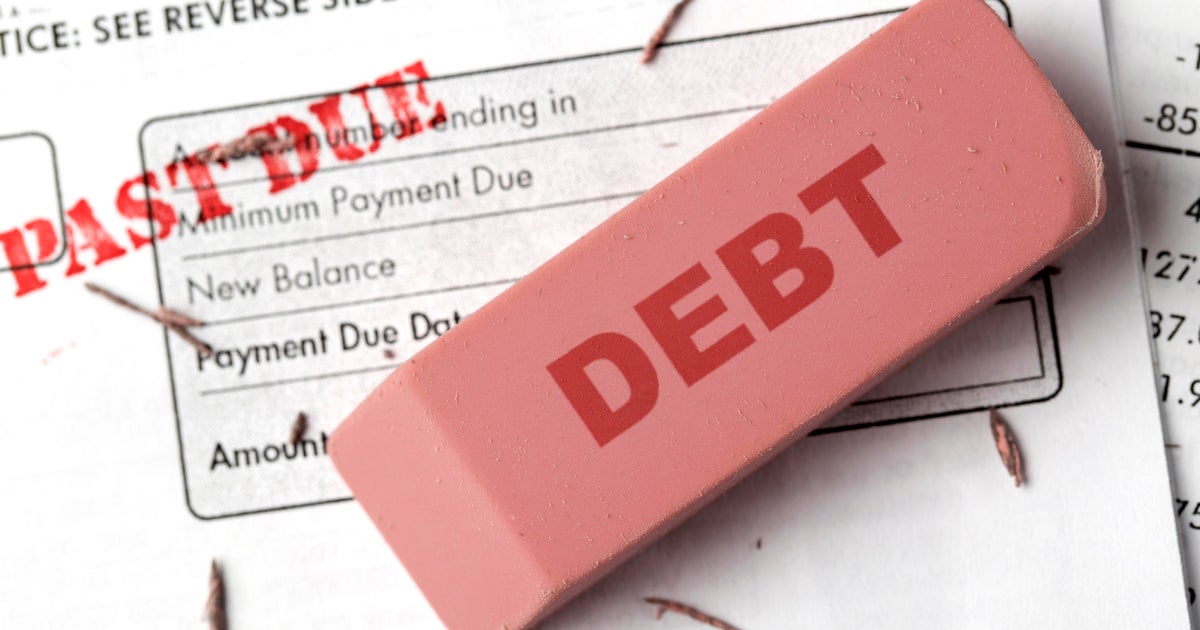Hurricane Harvey's damaged homes may be vastly uninsured
An inundated home is stressful enough, but many Houston residents may receive more bad news when they find out their homeowner's insurance doesn't cover flooding.
Efforts to rebuild Houston after Hurricane Harvey may be complicated by what experts say is a high percentage of residential properties that lack flood insurance, which is sold by the U.S. government and isn't typically included in private homeowner's insurance.
About 52 percent of the residential and commercial properties in Houston sits outside the Special Flood Hazard Area, compared with 44 percent of south Texas, according to real estate data firm CoreLogic. While flood insurance is mandatory for property owners whose buildings sit in flood zones, homeowners who sit outside those areas sometimes skip buying it because they believe flooding is unlikely to happen to them.
"Sometimes people don't understand the risk or don't have good information on their risk," said Carolyn Kousky, director for policy research and engagement at the Wharton School of Business' Risk Management and Decision Processes Center, in an email. "But what we see in Houston is such an unprecedented amount of rain that lots of the people getting inundated never even thought it was possible that they could flood. This event is just unparalleled."
Homeowners' policies don't protect against floods, which is mostly provided by the federal government's National Flood Insurance Program, though they do compensate policyholders from wind damage. Telling the difference, particularly in the event of a major natural disaster like Harvey, can be tricky, according to Cynthia DiVincenti, vice president with Aon National Flood Services.
"Typically, what an adjuster is looking at is the envelope of the house," she said. "Is the roof intact? Are the windows intact? If those are intact and you still have water in the house, most likely that's because of the result of rising water or storm surge. However, if the roof is gone or the windows are gone and you have water in the house, then it gets a little harder to figure out."
Federal flood insurance doesn't become active until 30 days after its purchase. Private flood policies, which aren't widely owned, have shorter wait times.
Because much of the damage from Harvey is due to flooding, private insurance isn't going to cover as much of Harvey's costs as in a typical storm. Only about 27 percent of Harvey's losses are likely to be covered by private insurance, lower than the typical 40 percent coverage, according to Enki Research. About 42 percent of the damage from Katrina was covered by private insurance, it said.
The National Flood Insurance Program doesn't extend any benefits to homeowners without a policy, noted Cowen & Co. analyst Jaret Seiberg in a research note.
The Consumer Federation of America estimates that insurers could receive as many as 50,000 claims for wind damage from Harvey with flood damage claims projected to be as many as two to three times higher, depending on the final rain amounts. Wind claims could reach $2 billion with flood claims expected to top $5 billion, the nonprofit says.
Property and casualty companies are likely to suffer losses between $10 billion to $20 billion, according to an analysis by JPMorgan. That would make Harvey one of the ten most expensive natural disasters in U.S. history.
Hurricane Harvey has impacted about 6.8 million people in Texas, about a quarter of the state's population. The National Weather Service has forecast that Houston and its suburbs could get as much as 50 inches of rain, the most ever recorded in the state.
"The breadth and intensity of this rainfall is beyond anything experienced before," the National Weather Service said in a statement.




